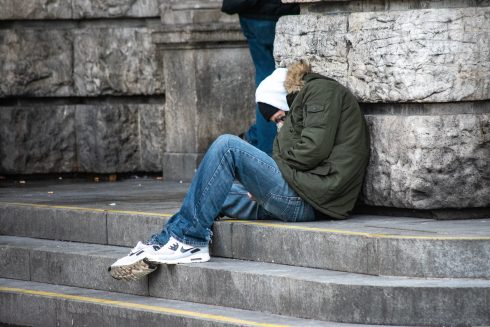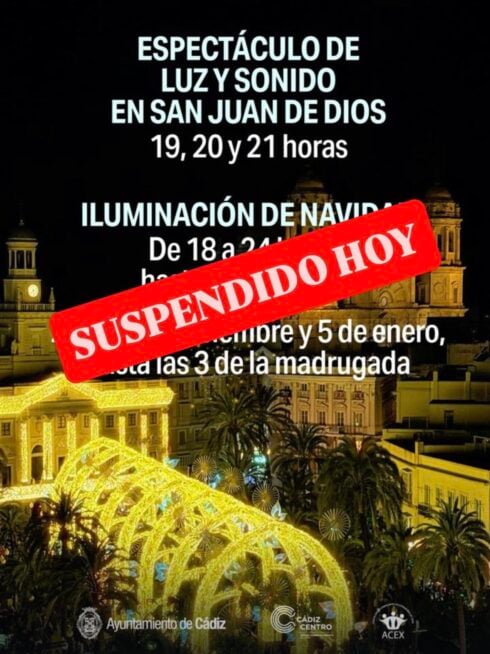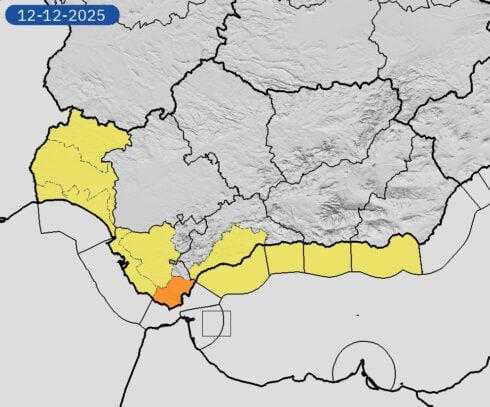CADIZ becomes the latest Spanish city to announce a ban on new Airbnbs in the historical centre.
Mayor Bruno García said landlords will no longer be able to register their properties with the Junta for tourist licences.
Previously, weeding out Airbnb flats involved identifying and reporting non-compliant properties to the Junta for delisting from their registry.
This system has already seen nearly 300 flats deregistered by the Cadiz town hall in the last year.

But the new policy should streamline the process and significantly reduce the number of tourist rentals plaguing the historic centre.
The move comes as city officials fret about suffering the same fate as neighbours Sevilla and Malaga, where the impact of excessive tourism has limited housing availability and gutted the overall character of the city.
Rents in Cadiz city have already risen 6.1% in the last year, and across the province as a whole they have shot up by 8.8%.
Garcia has also put the large number of existing unlicensed Airbnbs in his sights.
He announced plans for a joint campaign with the Junta to tackle illegal Airbnb rentals, although a specific start date for this initiative has yet to be announced.
The campaign will focus on carrying out inspections to identify illegal Airbnb hosts, who will be hit with heavy fines.
The city will also establish a dedicated hotline for residents to report suspected illegal tourist apartments.
The Cadiz town hall has been acutely aware of the protests that broke out in Malaga over the weekend, which saw thousands of people demonstrating in the central La Merced neighbourhood.
Being where the Picasso Museum is located, it is one of the worst affected neighbourhoods in Malaga, with 68.91% of the housing being used for tourist apartments.
Shocking recent statistics showed that in the historic centre of Malaga, nearly half of the flats (42.68%) are dedicated to tourists.
With 41,038 registered tourist apartments as of February 2024, Malaga province has witnessed a 16% increase in this type of housing over the past year.
Click here to read more Cadiz News from The Olive Press.








